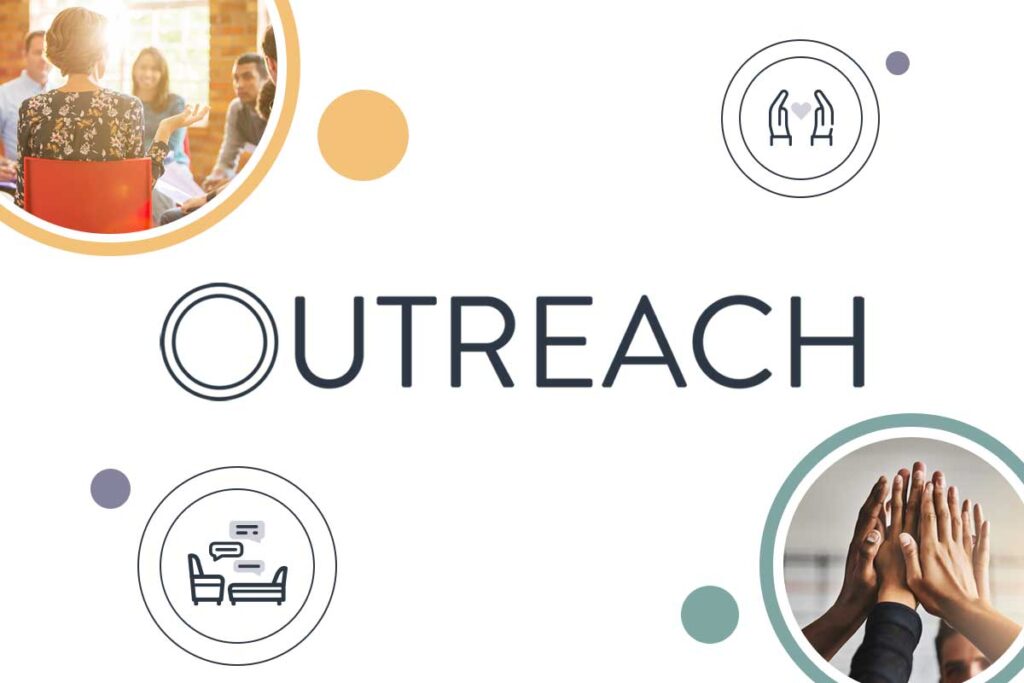1. Master the signs of emotional and mental relapse
A drug relapse is a process, and it doesn’t happen immediately. It usually starts with emotional relapse, followed by mental relapse, and finally, physical relapse. This process can take months, so you need to know early on when you are headed for one, so you can check yourself and be self-aware.
Common signs of emotional relapse:
- Anxiety
- Intolerance
- Mood swings
- Defensiveness
- Anger
- Isolation
- Not seeking help
- Not attending meetings
- Poor eating habits
- Poor sleeping habits
Common signs of mental relapse:
- Glamorizing your past drug addiction using Heroin, Fentanyl, Opioid, and Painkiller abuse
- Fantasizing about your period of drug addiction, and the people, places, and things associated with it
- Hanging out with drug addicted friends
- Contemplating relapsing
- Making plans for your relapse
- Lying
- Be in touch with your feelings
Whether they have an emotional or physical origin, feelings are part of our every day lives. However, know that intense emotions like anger, anxiety, and depression are detrimental to drug addiction recovery from using Heroin, Fentanyl, Opioid, and Painkillers. It’s essential to find healthy outlets to cope with these feelings. Go for a run, take a walk with your dog, speak to your counselor, or spend time with sober or non-addicted friends who know what you are going through.
3. Keep yourself busy
Don’t allow yourself too much idle time. Although boredom strikes everyone, it is considered a severe threat to a person struggling to remain sober. Use your free time to exercise or go to the gym, become a volunteer for worthwhile causes or for events, go hiking, or try new hobbies like drawing, cookery, or sculpture.
4. Always attend support group meetings
Even when you think you’re totally sober, or if you feel lazy, unmotivated, or simply don’t want to share. Get up and go, attend the meeting. One skipped meeting can easily lead to two, and so on. This can create a disconnect between you and your support group. Talk about your struggles with your sponsor, or ask a trusted friend to attend meetings with you. Make yourself accountable, be self-aware, and show up.
5. Have a backup plan
Even if you’ve already completed drug rehab or know you’re in the clear, recovering from drug addiction is a daily, lifetime commitment. You’re going to a wedding where alcoholic drinks will be free-flowing, or perhaps a company function. What if you get tempted in the end? Discuss your fears with your sponsor and come up with a plan. Also, make sure to always bring your emergency contact list wherever you go. These would be people you can trust to support you when you need them the most.
6. Practice self-care
Learn to love yourself. Be proud of each day of sobriety. Work on being healthy – physically, emotionally, and mentally. Steer clear of stress triggers, whether these are people or situations. Let go of the past, especially toxic relationships. Pamper yourself, make time for your loved ones, and do things that make you happy.
Know when to reach out
Relapse is a real risk for people struggling to maintain their sobriety. Know that you are not alone and that you have a support system and ongoing drug addiction recovery services such as drug addiction treatment for Heroin, Fentanyl, Opioid, and Painkiller abuse, that can help see you through when things get a little bit difficult. If you are struggling with addiction, or find sobriety challenging, we can help. Just get in touch with us at Outreach Recovery Philadelphia, Cherry Hill, NJ, Cumberland, MD, Frederick, MD, Millersville, MD, Rockville, MD, Bowie, MD and Annapolis, MD

